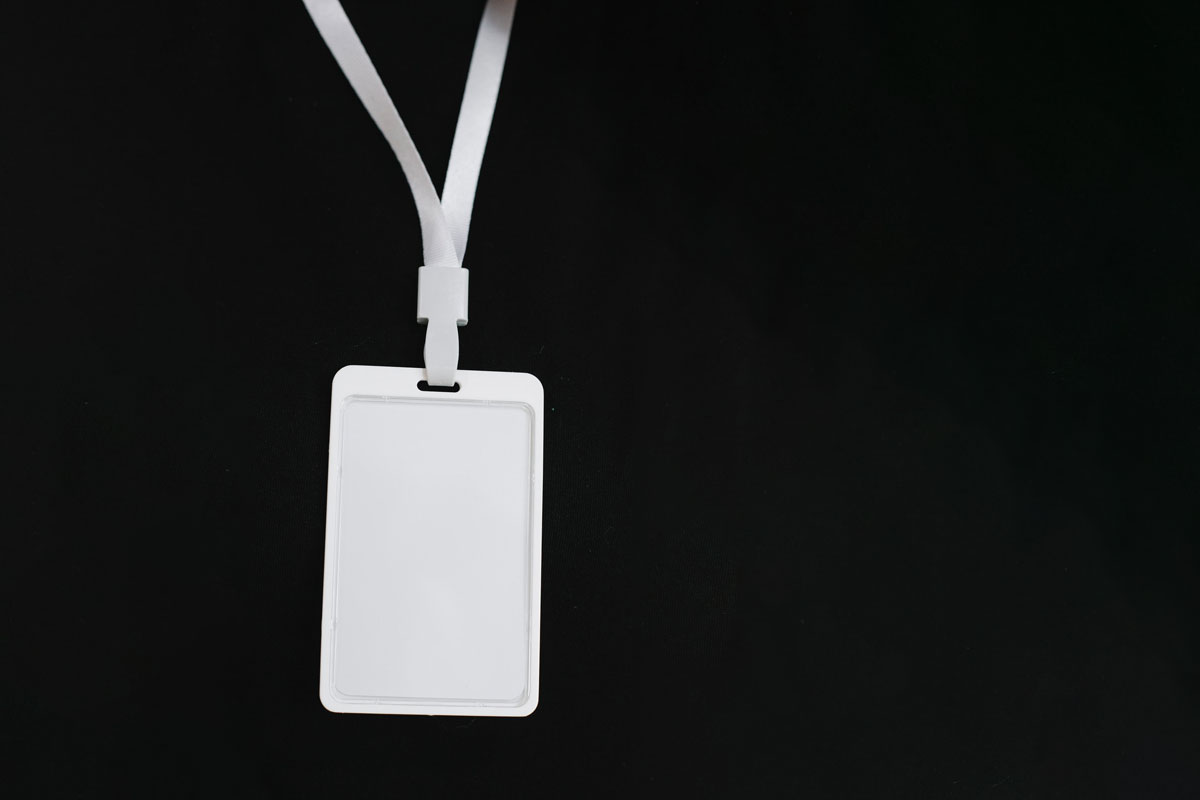Top image: Roma/Pexels
All names have been changed
As mid-April approaches and the graduation project deadline looms, I’m watching my friends scramble to review their papers and attend job interviews. I have another semester to go, but evidently, the end of a chapter is already sinking in. Soon, at the end of this year, it would be my turn.
I mulled over this with my sister over lunch last weekend, all sepulchral tones, lamenting to her that I’m never ever going to find a job that I’ll be fully happy in.
My sister, well into her twenties and having her fair share of Sunday Scaries these days, evenly pointed out that there’s no guarantee that I’ll get the job I love, but the key to being happy is to make sure my job only forms a part of my life. Really? Is that all there is to it?
When reality trashes our dreams
Perhaps I have fooled myself into expecting my future job to give me all the happiness I want in life—fulfilling job scope, fun colleagues, great work-life balance—and, knowing that this perfect combination is highly unlikely to happen, I have started to dread the prospect altogether.
That perhaps explains why the entry to adult working life often deals a hard blow when we realise that the realities of the working world don’t match our expectations of it. Still, sometimes, it’s not only about our own aspirations for perfection, but also about the practicalities of the job.
CT (25) and TY (25), co-owners of local ice cream business Man Tou Da Han, describe how the change from school to work posed a sobering reality check for them.
For CT, embarking on her full-time job in the media industry greatly frustrated her creative freedom compared to when she was in school. “Uni was really very fun for us. We got to do whatever we liked,” she recounts, “going out into the workforce, I expected that as well, to have that kind of space and creativity.”
TY, who works in the social service sector, echoes this sentiment, “[Uni] gave us a lot of confidence about the kind of things we can contribute once out in society, and also about the abilities we have”. School gave them the freedom to embark on a lot of self-initiated projects and be creative, which led them to mistakenly expect that they could have the same creative freedom in their work lives.
Yet, when there are KPIs (Key Performance Indicators) to reach and superiors to please, work expands beyond personal beliefs and creative goals. “A lot of our dreams kind of got trashed,” TY ruefully observes.
It’s brutal out there in the full-time work space, and yet it does speak candidly to the experience of growing up. We can’t dictate everything about our jobs to suit our preferences, but unhappiness calls when we refuse to moderate our idealised expectations in an unideal world.
The imposter strikes
I remember experiencing bouts of self-doubt at a previous internship, which brought me great unhappiness. I would suspect that I was not good enough to face the steep learning curve of the job, or that I was not qualified for the position in the first place.
Looking back, those early months on the job were like my first game of Among Us—a stressful, sweaty bid to prove my credibility as a simple, industrious Crewmate. Fumbling my way through unfamiliar tasks with unfamiliar controls, I was convinced that the other Crewmates were going to oust me as the Imposter in the next group meeting. In my fixation on asserting my credibility, I ironically began to think and feel like the Imposter.
At work it was the same—I had adopted a mindset of inaptitude in my endless attempt at proving my competency. It was imposter syndrome twofold—an exhausting challenge that brings people a lot of unhappiness and burnout in their professional lives. In fact, even before entering the workplace, it begins to show itself during the job search.
David, 27, has worked about a year in the healthcare industry, but the panic and worry of his first job search is still fresh on his mind. He mentions worrying about not being competent enough to be good at the work, even before he’d found the job.
Still, after he found one, the early months saw moments of self-interrogation where he’d ask himself, “Am I the right person to be doing this job? Am I qualified?”.
CT recounts those early days, “I tied what work was to my identity and it was mentally challenging in terms of negotiating who I was”. Work momentarily became conflated with her identity. As she questioned herself, it was as though her performance at her job had become a twisted metric for her personal worth.
While imposter syndrome tells us that there’s room for growth in our professional lives, we don’t have to beat ourselves up for the gaps in our competencies. If we think that we’d only be satisfied when we meet the next personal target, only to find a newer, higher standard upon meeting it, perfection recedes into the unattainable distance.
The dream job fallacy
The fact remains that work requires more practicalities than passion, where things like finance, logistics, and marketing must come into play. We’ve really played ourselves with the idealised notion that we’d never work a day in our lives if we do what we love.
Sometimes work is just plain drudgery, and that can be okay if we have the expectations and tenacity to face it. Otherwise, when full-time work takes away the time to do the things we truly love, we’re going to feel miserable.
David makes the bittersweet remark that “time is a lot more precious” after transitioning from school to work life. For him, work brings fulfilment, for sure, but it also stirs up the occasional feeling of regret when he thinks of the things he cannot do now as a working adult.
“There’s a lot of things that you realise you cannot do. You cannot pursue your hobbies as much as you did before. You cannot go out with your friends as often. Your schedule’s a lot tighter.”
Looking back, he wishes he had done more in terms of extracurriculars and social life while he still had the time in school
For most of us, hobbies aren’t going to earn us a living. The typical reality of work is that five days of eight hours are out of the picture, and it’s initially hard to adjust to the new balance between work, social, and personal time.
Reconciling the Sunday Scaries
Perhaps the best way to take this rather drear reality in our stride is to reframe our own mindsets and expectations.
23-year-old Alexis* works long hours at her job as an auditor, sometimes working past midnight and into the weekends. To some, such intense hours would be unacceptable; to her, however, it’s part of the growing process. “At this point in my life when I’ve just started work, I feel it’s normal to not have a work life balance because I’m constantly learning”.
Just like how studying isn’t restricted to office hours in school, Alexis sees her arrangement as a kind of ‘school-in-work’ situation, where she’s earning her professional credentials while making her way into the industry.
By adopting the mindset that she’s working her way up in her career, she finds her own form of contentment amidst the intense reality of her work life.
Most of us want to be good at our jobs. We just have different thresholds for how much and how fast we want to improve. When the imposter slinks through the vents of the mind, some make a desperate break for perfection, while some befriend the imposter as a growth opportunity.
TY associates more with the latter. When she feels inadequate at work, she looks at the feeling as a sign that she still wants to improve. “I’m trying to be better at something—I’m not there right now but I just want to work towards it”.
Imposter syndrome isn’t necessarily only ‘in our heads’, but it’s useful to reframe the issue as a bid for growth rather than a debilitating self-bashing. David learned to tell himself not to “get too disheartened when things don’t go the way you expect. Expectations won’t match up to reality”. He reminded himself that clinging to unrealistic expectations could simply jeopardise his own opportunities to discover more about his job.
Specific workplace cultures aside, expectations also make a huge difference. If we expect to excel at our new jobs within the first few months, all while pursuing our hobbies and maintaining a flourishing social life, we’re bound for disappointment.
Make sacrifices and find support
All this is not to say that we shouldn’t pursue the things we love. It simply means, as Alexis aptly puts it, that “we need to understand what it takes to actually turn our passion into a job”.
For example, CT and TY started Man Tou Da Han as a passion project to stay creative while working full-time jobs. Yet, CT still finds herself needing to make sacrifices when running Man Tou Da Han while concurrently working a full-time job. When her main gig gets busy, she has to give up time on the side hustle.
It’s a compromise that she doesn’t like to make. “Sometimes it does make me feel like I am half-assing things, which I don’t like”, CT confides.
Nonetheless, sacrifices are inevitable and necessary if we want to continue pursuing the things we love. We just need to evaluate whether the reward outweighs the sacrifice.
It takes a lot of mental strength to reframe our mindsets and expectations. Sometimes it doesn’t happen on our own. The people we surround ourselves with form a vital and necessary support network for us to cope with disappointments and feelings of inadequacy.
“I wouldn’t say I enjoy my work, but I enjoy the team that I work with,” Alexis concedes. It’s the teammates she works with that make the work bearable, and sometimes even fun. In a group of motivated people, we’re reminded that there are still things to look forward to.
Work-life comes at us in different ways and leaves us with feelings ranging from dissatisfaction to contentment, self-doubt to excitement. It’s probably impossible to aim for constant optimism, but if we looked at our jobs with achievable expectations in mind, perhaps it wouldn’t be as soul crushing to see work life for what it really is. We don’t have to love it. We just don’t want the Sunday Scaries every single day.







